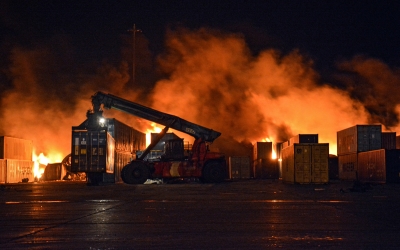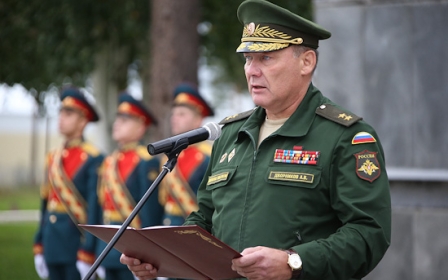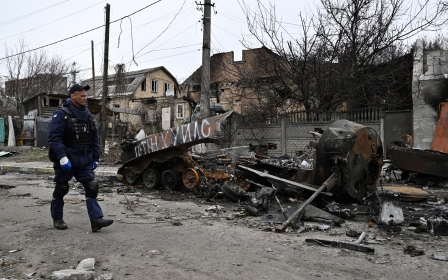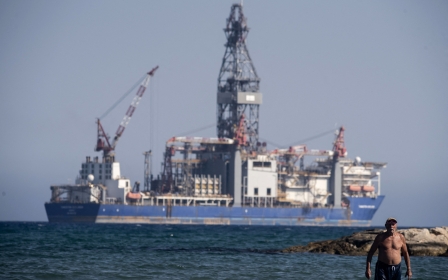Israel's Bennett no longer in contact with Putin, senior Israeli official says
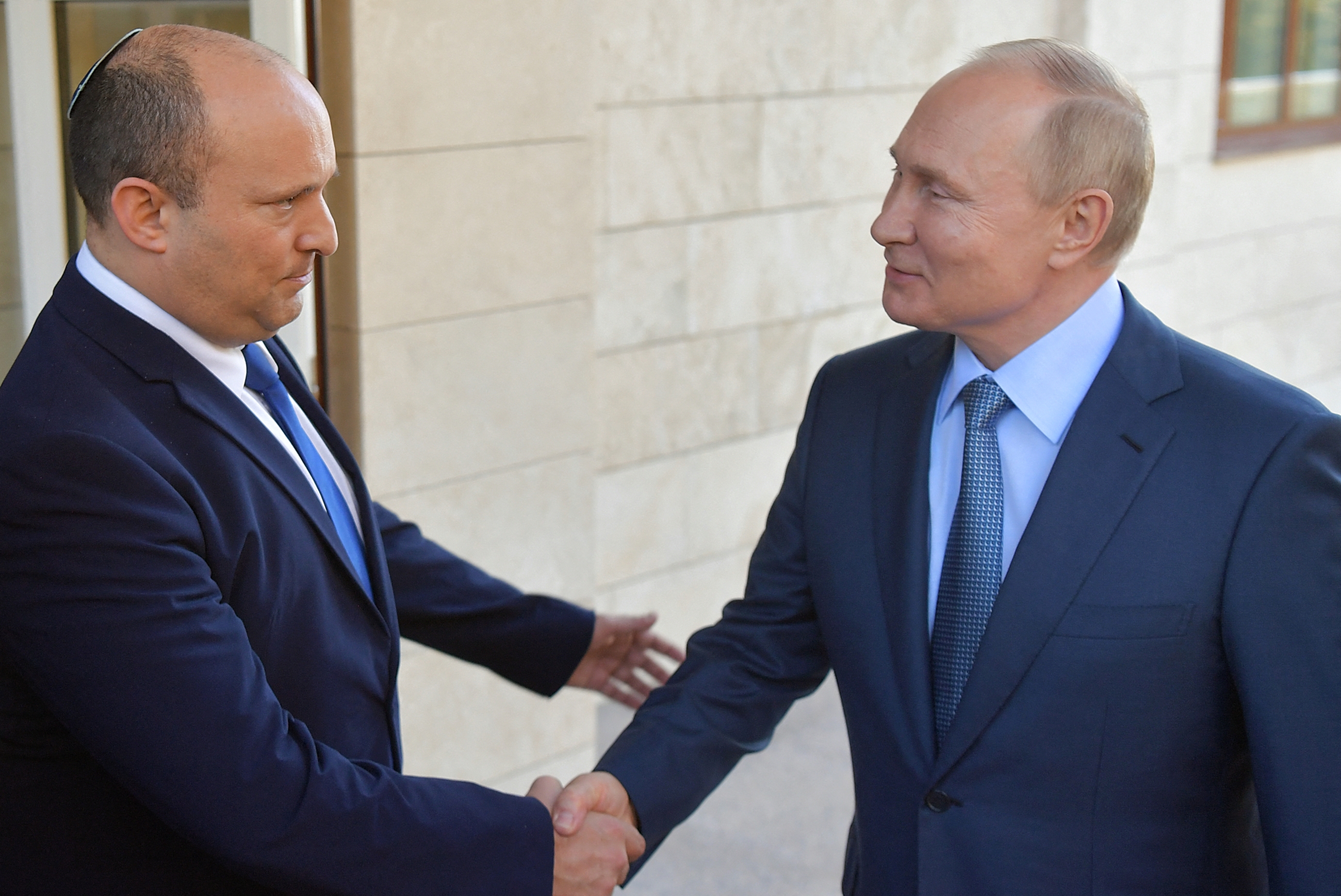
Israeli Prime Minister Naftali Bennett is not in touch with Russian President Vladimir Putin and is not playing a leading role to mediate an end to the conflict in Ukraine, Israel's ambassador to the US said on Monday.
Last month Bennett made a surprise visit to Moscow to meet his Russian counterpart, in a move coordinated with the US, Germany and France. According to the Financial Times, the Israeli premier had been "the primary international mediator" in early efforts to negotiate between Ukraine and Russia.
Those efforts have stalled, with a summit in Jerusalem proposed by Ukrainian President Volodymyr Zelensky yet to materialise. And while the Russian and Ukrainian foreign ministers did meet in March at the Turkish resort city of Antalya, officials have tampered expectations of a breakthrough from talks.
Speaking at an event hosted by the Washington Post on Monday, Michael Herzog, Israel's ambassador to the US, said Bennett was "not leading" the efforts to mediate the crisis.
On Tuesday President Vladimir Putin said that peace talks had hit a "dead end", as he pledged to continue fighting in Ukraine.
New MEE newsletter: Jerusalem Dispatch
Sign up to get the latest insights and analysis on Israel-Palestine, alongside Turkey Unpacked and other MEE newsletters
Israel has found itself in a difficult balancing act over Ukraine, where the country's Jewish President, Zelensky, has likened Russia's invasion to "pure Nazi behaviour" and invoked the memory of the holocaust in comparison to Ukrainian suffering.
On Thursday Israel voted to suspend Russia from the United Nations Human Rights Council, but it has rebuffed Kyiv’s pleas for military equipment and has held off on imposing sanctions on Russian oligarchs.
Pressure has mounted in recent weeks on states to take a more forceful position over the Russian invasion, following allegations of Russian war crimes in the city of Bucha and a Russian air strike on a train station that killed at least 50 people.
Herzog said he disagreed with claims that Israel was a neutral player in the conflict, saying, "From the beginning of this war, Israel unequivocally stated that it is against the Russian attack on Ukraine."
At the same time, he added there are "some constraints" on that position. Israel is concerned that Moscow could use its military in neighbouring Syria to derail a long-running air campaign that its forces have conducted against Iranian-backed proxies in the country.
"Since we often take action against Iranian military targets in Syria, and in the region, it is critical for us to maintain that freedom of action," Herzog said.
Russia's advanced air defence systems and fighter jets in Syria meant Moscow could "disrupt" the campaign, "that is the constraint we have", he added.
Opposition to nuclear deal
Also on Iran, Herzog expressed Israel's opposition to efforts to revive the 2015 nuclear agreement. Israel opposed the initial deal and backed the Trump administration’s 2018 decision to unilaterally withdraw from the accord.
Herzog said the revival of the deal would legitimise Iran as a nuclear threshold state. He pointed to the advances Tehran has made in its nuclear programme in recent years and took aim at the likelihood that a new agreement would include sunset clauses lifting all limits on Iran's production of nuclear material in 2030.
"This is intolerable to Israel, and I think it is also intolerable to some of our neighbours in the region," he said, warning that such a deal could prompt other regional states to pursue their own nuclear capabilities.
Israel has been joined by Gulf powers in their concern about a revival of the nuclear deal and recently hosted a conference of Arab foreign ministers in the Negev Desert. The countries have voiced particular worry over Iran's demands that the US lift sanctions on the Islamic Revolutionary Guard Corps (IRGC).
"We are not going to sit idly by, or be indifferent to a situation where Iran is going to be legitimised as a nuclear threshold state," he said.
Middle East Eye delivers independent and unrivalled coverage and analysis of the Middle East, North Africa and beyond. To learn more about republishing this content and the associated fees, please fill out this form. More about MEE can be found here.


